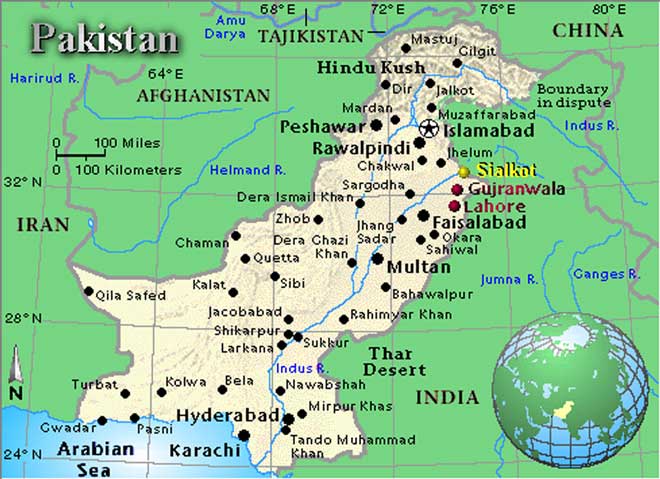 A prosecution witness yesterday testified that Qaisar Bahini, allegedly founded by Syed Mohammad Qaisar, along with the Pakistani army had killed 108 people, mostly Hindus, in a synchronised attack on 22 villages in Brahmanbaria during the Liberation War.
A prosecution witness yesterday testified that Qaisar Bahini, allegedly founded by Syed Mohammad Qaisar, along with the Pakistani army had killed 108 people, mostly Hindus, in a synchronised attack on 22 villages in Brahmanbaria during the Liberation War.
Azharul Haque, a freedom fighter from Nurpur village under Nasirnagar upazila in Brahmanbaria, said he had seen Qaisar along with the members of Qaisar Bahini and Pakistani army when they were leaving the village after the atrocities on November 15, 1971.
The 31st prosecution witness in Qaisar’s case gave a vivid description of the horrific incident, claiming one of his nephews and his mother were also tortured by the collaborators of the intruding army men.
Earlier, at least three prosecution witnesses, including one of Qaisar’s cohorts, also linked Qaisar with the mass killing. Tajul Islam, a member of Qaisar Bahini, testified that he had accompanied Qaisar in the incident.
Qaisar, state minister of HM Ershad regime, faces 16 charges including genocide committed in Brahmanbaria and Habiganj during the Liberation War. The accused, however, always denied the allegations.
Azharul, brother of Mozammel Haque, who was elected as a provincial assembly member in 1970’s election from Brahmanbaria, said Qaisar formed Peace Committee, an anti-liberation platform, holding a meeting at his maternal uncle’s home at Guniauk in Brahmanbaria in the last part of April 1971.
Later, he also founded Qaisar Bahini, said the 61-year-old witness.
On June 23, he saw fume from his neighbouring village and from the people, who were fleeing the village, he heard that Qaisar and members of Qaisar Bahini set fire to the houses of Awami League leader Sayedul Haque, now the fisheries and livestock minister.
Around one and a half months after the incident, he left Bangladesh and after taking training in India, he returned to his locality in the last part of September, 1971, said Azharul.
Azharul said on November 14, he, from his sources, learnt that members of Qaisar and Razakar Bahini and Pakistani army would carry out a massive attack in Nasirnagar area the following day, and at the night, he along with his 10/12 associates took shelter inside a bush, some one kilometre away from his home.
“Around 9:00am on November 15, I, through my binocular, saw around 150 members of Qaisar Bahini, Razakar Bahini and Pakistani army were entering into our village and opened indiscriminate fire,” said Azharul.
Beside the houses of the Hindu community, the attackers also torched one of their houses, he said.
“Around 4:30pm, I saw Qaisar, members of his force and Pakistani army were leaving through a road on the eastern side of our village,” said Azahrul, adding that when he reached his home at night, he had heard that Qaisar’s men tortured his mother and killed his nephew Azizul Haque.
On the following day, he heard that 10/11 more people in his village were killed in the attack and one woman were raped and subsequently killed, he added.
A total of 108 people, mostly Hindus, from 22 villages in the Nasirnagar including Nurpur were killed in the attack, and around 400 houses, most of which were of Hindus, were burnt down on the fateful day, said Azharul, who also identified Qaisar at the courtroom.
The three-member tribunal led by Justice Obaidul Hassan adjourned the case proceedings until today, when Azharul will face further cross-examination.





